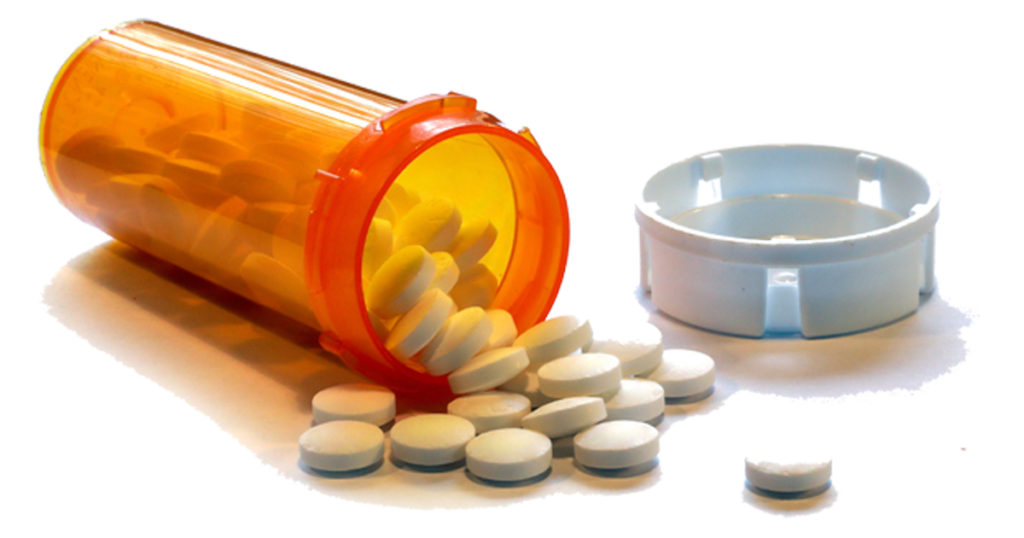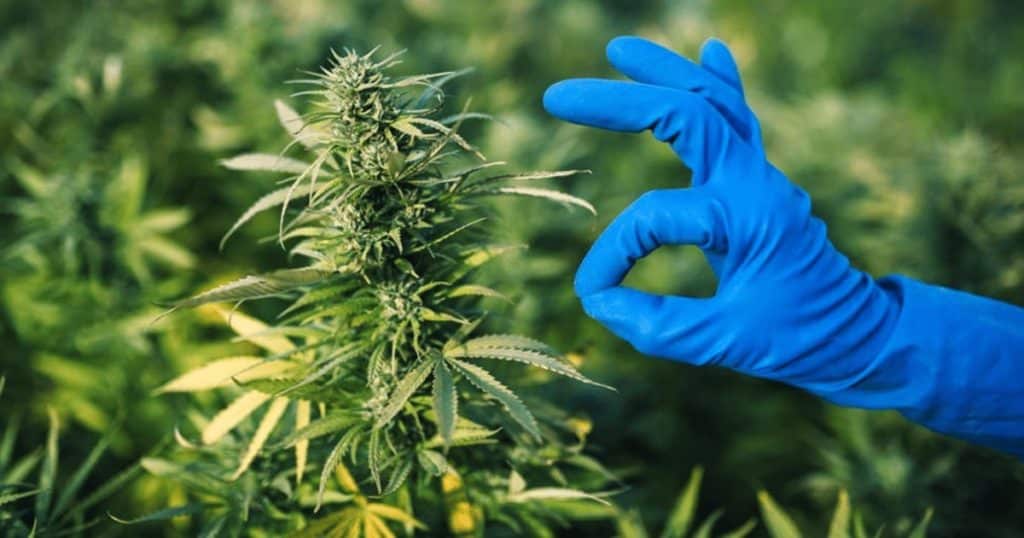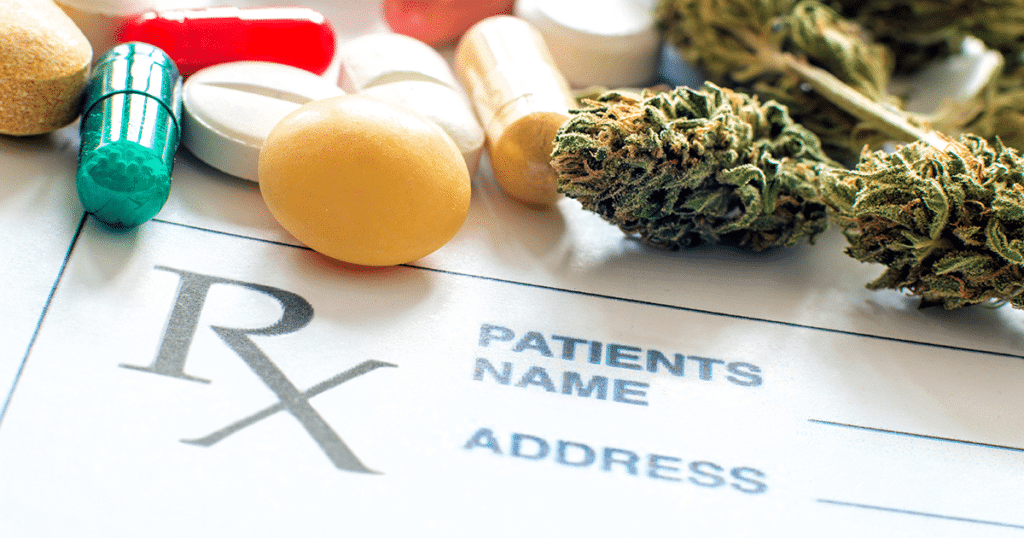Medical marijuana legalization has been a hot topic for decades, with proponents arguing that it can serve as a safer alternative to opioid medications for pain management. One of the often-overlooked benefits of medical marijuana legalization is the potential for reduced opioid payments to physicians. A recent study has found that medical marijuana legalization is linked to a significant decrease in opioid-related payments to doctors, indicating that medical marijuana may be a viable solution to the opioid epidemic. In this article, we will explore the link between medical marijuana legalization and reduced opioid payments to physicians, as well as the problems associated with opioid payments to physicians.
About the Opioid Epidemic
The opioid epidemic has devastated the US for years, causing widespread addiction, overdose deaths, and lasting damage to communities across the country. Opioids are a class of drugs that include prescription opioid painkillers like codeine or Oxycontin and illegal drugs like heroin. Overprescription of opioids by doctors and aggressive marketing by pharmaceutical companies have contributed to the epidemic. According to the CDC, nearly 50,000 people died from opioid overdose in the US in 2019, and over 1.6 million people had an opioid use disorder. Efforts to combat the epidemic have included increased regulation of prescription opioids, increased access to addiction treatment, and the promotion of alternative pain management options like medical marijuana.
The Problem with Pill-Pushing Physicians
Greedy doctors, incentivized by pharmaceutical companies with financial kickbacks, have played a significant role in driving the overprescription of opioids. As a result, tens of thousands of Americans have died from opioid overdoses, and millions more are struggling with addiction.
The practice of doctors accepting financial incentives for prescribing opioids is nothing short of immoral. These so-called “pill-pushers” put profit over people’s lives and contribute to the ongoing epidemic. It’s time to call out these money-hungry doctors for their role in this crisis and demand accountability. The pharmaceutical industry should also be held accountable for its role in promoting and profiting from the opioid epidemic.

The Link Between Medical Marijuana Legalization and Reduced Opioid Payments to Physicians
A recent study found that medical marijuana legalization is linked to a significant decrease in opioid-related payments to doctors. The study referred to is titled “Medical Cannabis Laws and Opioid Analgesic Overdose Mortality in the United States, 1999-2010” and was published in the Journal of the American Medical Association in 2014. The study analyzed state-level data on medical cannabis laws and opioid overdose deaths from 1999 to 2010 and found that states with medical cannabis laws had a 25% lower mean annual opioid overdose mortality rate compared to states without medical cannabis laws. The study also found that medical cannabis laws were associated with a reduction in opioid prescribing patterns and opioid-related payments to physicians.
Another more recent study published in the Journal of Health Economics in 2020 examined the relationship between medical marijuana laws and Medicare Part D opioid prescribing. This study analyzed data from 2010 to 2015 and found that the implementation of medical marijuana laws was associated with a reduction in opioid prescriptions filled and a decrease in opioid prescribing rates. The study also found that medical marijuana laws were associated with a reduction in opioid-related payments to physicians.
The Importance of Access to Medical Marijuana
Despite the potential benefits of medical marijuana, many patients still face barriers to accessing it. In the United States, medical marijuana is legal in 36 states and the District of Columbia, but there are still legal restrictions and a lack of availability in some areas.
Access to medical marijuana is important for patients who need it for pain management. Medical marijuana can offer a safer alternative to opioids, reducing the risk of addiction and overdose. Patients with access to MMJ can make informed decisions about their pain management and even take cannabis as medication for opioid use. It is important to continue advocating for medical marijuana legalization and ensuring that patients have access to this potentially life-saving treatment.

The opioid epidemic in the United States is a crisis that has been fueled by the immoral practice of doctors receiving financial incentives for prescribing potentially lethal substances. The fact that pharmaceutical companies have been able to prioritize profits over the health and well-being of patients is outrageous and unacceptable. We need to hold both doctors and big pharma accountable for their roles in this crisis.
But there is a bright spot in this bleak landscape: the legalization of medical marijuana. Recent studies have shown that medical marijuana legalization has significantly decreased opioid-related payments to physicians, offering a safer alternative to traditional pain management methods. It’s time for us to start recognizing the benefits of cannabis and prioritize access to it as a healthier option.
Enjoyed that first hit? Come chill with us every week at the Friday Sesh for a freshly packed bowl of the week’s best cannabis news!

















